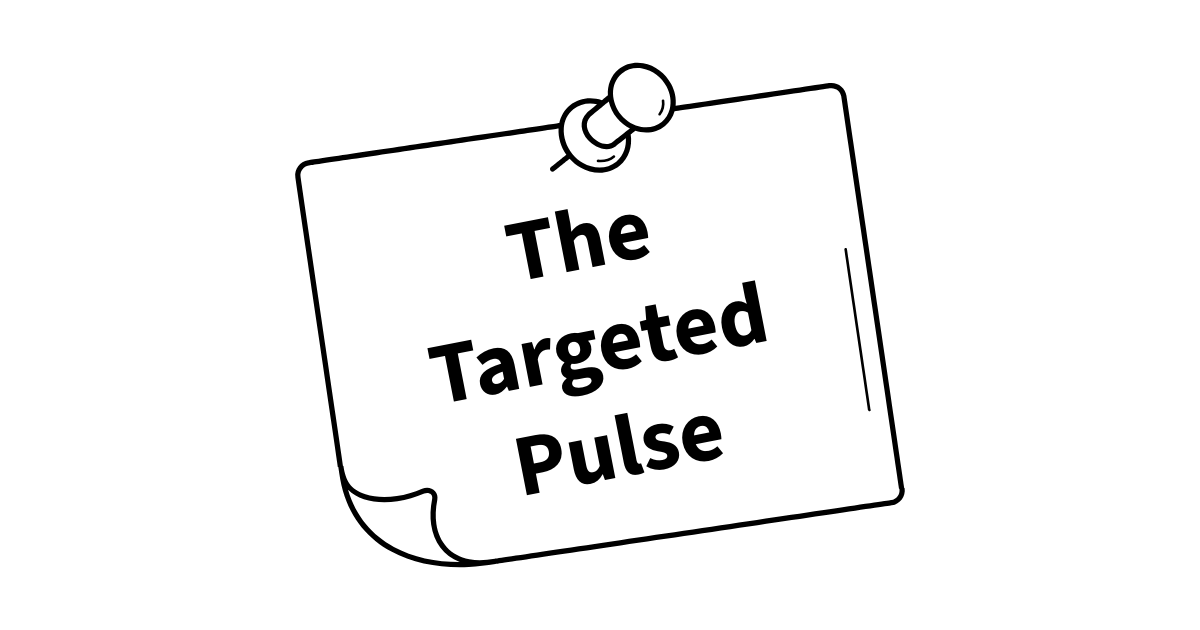Welcome to this week’s edition of The Targeted Pulse, your weekly wrap-up of the top developments in oncology. This week, we saw several breakthroughs in targeted therapies and FDA decisions, bringing renewed hope to patients and clinicians alike. From regulatory designations for promising new drugs to crucial clinical trials, here are the top stories that shaped the week.
Low-Dose Nivolumab Offers Novel Strategy for Hodgkin Lymphoma Treatment
A phase 2 study found that a low-dose regimen of the immunotherapy drug nivolumab (Opdivo; 40 mg) combined with lenalidomide is a highly effective, chemotherapy-free strategy for classical Hodgkin lymphoma (cHL). The combination achieved an overall response rate of 90% with a favorable safety profile.
Crucially, researchers observed that the 40 mg dose was sufficient to achieve complete PD-1 receptor occupancy, suggesting that the standard, higher nivolumab dosing may be excessive. The findings advocate for using pharmacodynamic biomarkers to guide personalized, cost-effective dosing schedules. This evidence-based approach challenges traditional dosing models, offering a path to significantly reduce treatment costs and improve global access to nivolumab, especially in resource-limited areas. A phase 3 trial is currently underway to compare this novel low-dose regimen with the standard ABVD chemotherapy.
FDA Approves Lurbinectedin/Atezolizumab for ES-SCLC Maintenance
The FDA has approved the combination of lurbinectedin (Zepzelca) and the immunotherapy atezolizumab (Tecentriq) for first-line maintenance treatment in patients with extensive-stage small cell lung cancer (ES-SCLC). This regimen is for patients whose disease has not progressed after initial induction therapy.
The approval is based on the phase 3 IMforte trial, which demonstrated statistically significant improvements in survival. Compared to atezolizumab alone, the combination reduced the risk of disease progression or death by 46% and the risk of death by 27%, with a median overall survival of 13.2 months. This maintenance strategy addresses a critical need in ES-SCLC to proactively prevent aggressive relapse.
FDA Approves Cemiplimab for Adjuvant Cutaneous Squamous Cell Carcinoma
The FDA has approved the immunotherapy cemiplimab-rwlc (Libtayo) as the first and only adjuvant treatment for adults with high-risk cutaneous squamous cell carcinoma (CSCC) following surgery and radiation.
This approval is based on the phase 3 C-POST study, which demonstrated that cemiplimab significantly improved disease-free survival (DFS). The treatment reduced the risk of cancer recurrence or death by 68% compared with placebo, addressing a critical unmet need for patients with a high risk of relapse. The findings also showed an 80% reduction in locoregional recurrence risk, marking a practice-changing milestone in preventing recurrence for this vulnerable population.
Orca-T Earns FDA Priority Review in Heme Malignancies
The FDA granted priority review to the biologics license application (BLA) for Orca-T, an investigational allogeneic T-cell immunotherapy for treating high-risk hematologic malignancies, including AML, ALL, and MDS. The priority review is based on data from the phase 3 Precision-T study. This trial showed that Orca-T significantly improved patient outcomes compared to standard allogeneic hematopoietic stem cell transplant (alloHSCT), particularly in achieving survival free of chronic graft-vs-host disease (cGVHD). Specifically, Orca-T achieved a high survival rate with a much lower incidence of moderate to severe cGVHD (13% vs 44%). This milestone aims to provide a potentially curative option with reduced treatment-related complications.
Dato-DXd Delivers Significant TNBC Survival Benefits in Phase 3 Trial
The antibody-drug conjugate (ADC) datopotamab deruxtecan (Dato-DXd; Datroway) showed statistically significant improvements in both overall survival (OS) and progression-free survival (PFS) for the first-line treatment of metastatic triple-negative breast cancer (TNBC). The pivotal phase 3 TROPION-Breast02 trial demonstrated that Dato-DXd was superior to standard chemotherapy for patients for whom immunotherapy was not a treatment option. This is the first trial to show an OS benefit in this challenging patient population, suggesting a potential shift in the standard of care for a disease often associated with a poor prognosis.
